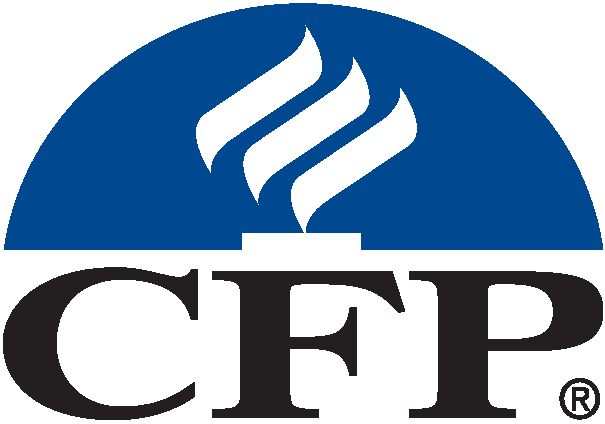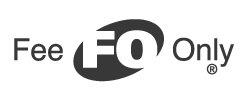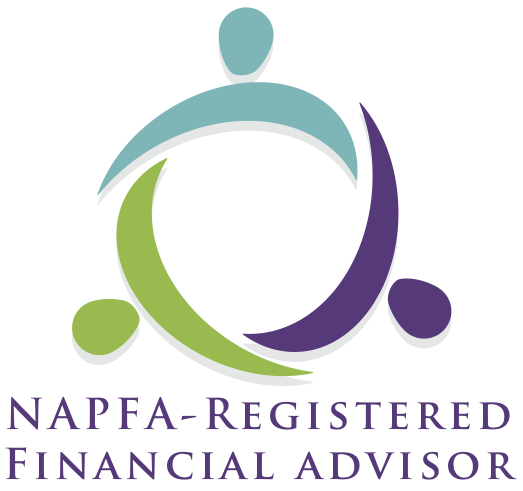Universal Life vs Variable Life
Submitted by Chacko-Hertz Financial Solutions LLC on April 27th, 2015For more than a century Americans fulfilled their life insurance needs with a venerable but rather stodgy and plain vanilla protection product called whole life. It served everyone extremely well, however, it never ranked among the more exciting things people liked to talk about. Then the life insurance industry decided to spice up its offering by introducing variable life in the 1950s and later, universal life in the 1980s. Suddenly life insurance became a fashionable topic worthy of water cooler conversations, and life insurance sales have accelerated over the last 50 years. As alternatives to whole life, they do offer more tantalizing choices but in different ways.
Variable Life Essentials
One of the complaints about whole life was the relatively unremarkable performance of its cash value. While the internal rate of return on whole life was generally competitive with other fixed yield investments, no one quite understood how it worked, and they become increasingly less enamored with the lack of control over the investment return. Enter variable life which replaced the cash value component with a family of separately managed investment accounts and the ability to earn market returns in stocks and bonds.
For people who understand investing, especially through mutual funds, variable life turned life insurance into an extension of their investment portfolio. As with mutual funds, they can allocate their money between each of the managed accounts to create a diversified portfolio and have it professionally managed. Because these accounts are separate from the general account of the life insurer (which is where whole life cash value is invested), the insured takes on the responsibility for risk and the possible decline in account values. However, variable life products do provide certain guarantees, such as the guarantee that beneficiaries will receive no less than the original principle upon the death of the insured.
Universal Life Essentials
Another complaint about whole life was its rigidity and lack of transparency. Universal life was introduced as an “unbundled” version of whole life that provided the insured with greater flexibility in determining the amount of premium payment as well as the amount of the death benefit.
The cash value account is credited with a competitive interest rate that can’t fall below a guaranteed rate. If the cash value account performs better than the projections, the insured has the option of lowering the premium payment or skipping it altogether.
The death benefit is only guaranteed as long as there is sufficient cash value in the account to support it. So, where whole life was guaranteed through and through, with universal life, with insured assumes some of the risk in exchange for more flexibility. If the cash value growth cannot keep up with the requirement for sustaining the death benefit, the insured would have to put in more money or else the policy will lapse.
Universal life also makes access to cash value more flexible. Cash values may be accessed through low interest loans, or through withdrawals. If either causes the cash value growth to drop too much, the policy could lapse. Because withdrawals consist of principal first, before interest, they are tax free, as are loans unless the policy lapses.
Universal life is more suited to people who prefer safer fixed yields as opposed to fluctuating market returns. As long as the target premium is paid, the policy will perform as projected and the cash values and death benefit are guaranteed. If the insured wishes, at some point, to lower the premium payment then the risk shifts from the life insurer to the insured.
Blending the Two into Variable-Universal Life
As you can imagine, it didn’t take very long for life insurers to take the best characteristics of variable whole life and universal life and blend them to create variable-universal life insurance. Using the same unbundled structure of a universal life policy, life insurers replaced the separate cash value account with separate investment accounts consisting of various types of stock and bond portfolios.
With the potential for higher returns and faster growing account values, variable universal life policies could provide even more flexibility than fixed yield universal life. Conversely, with the risk of market declines, the insured assumes even more risk over the death benefit guarantee. Variable life policies should only be considered by people who are comfortable with investment risk.
Summary
While the blending of the two allows for a sharper comparison, they are still apples and oranges in terms of their suitability. Variable-universal appeals to people who understand investing, and who like the idea of linking their life insurance to their investment orientation. For some people, it makes owning life insurance more palatable, esepcially when they have some flexibility in structuring the policy.
But for people who are less tolerant of risk, but who like the additional control over their premium payments and cash value account, universal life is more appealing.
Variable life is an SEC regulated product and can only be sold with a prospectus which should be carefully reviewed before making a purchase decision. The past performance of the investment accounts is not an indication of future performance. Also, variable life policies include investment management fees that universal life policies do not.





